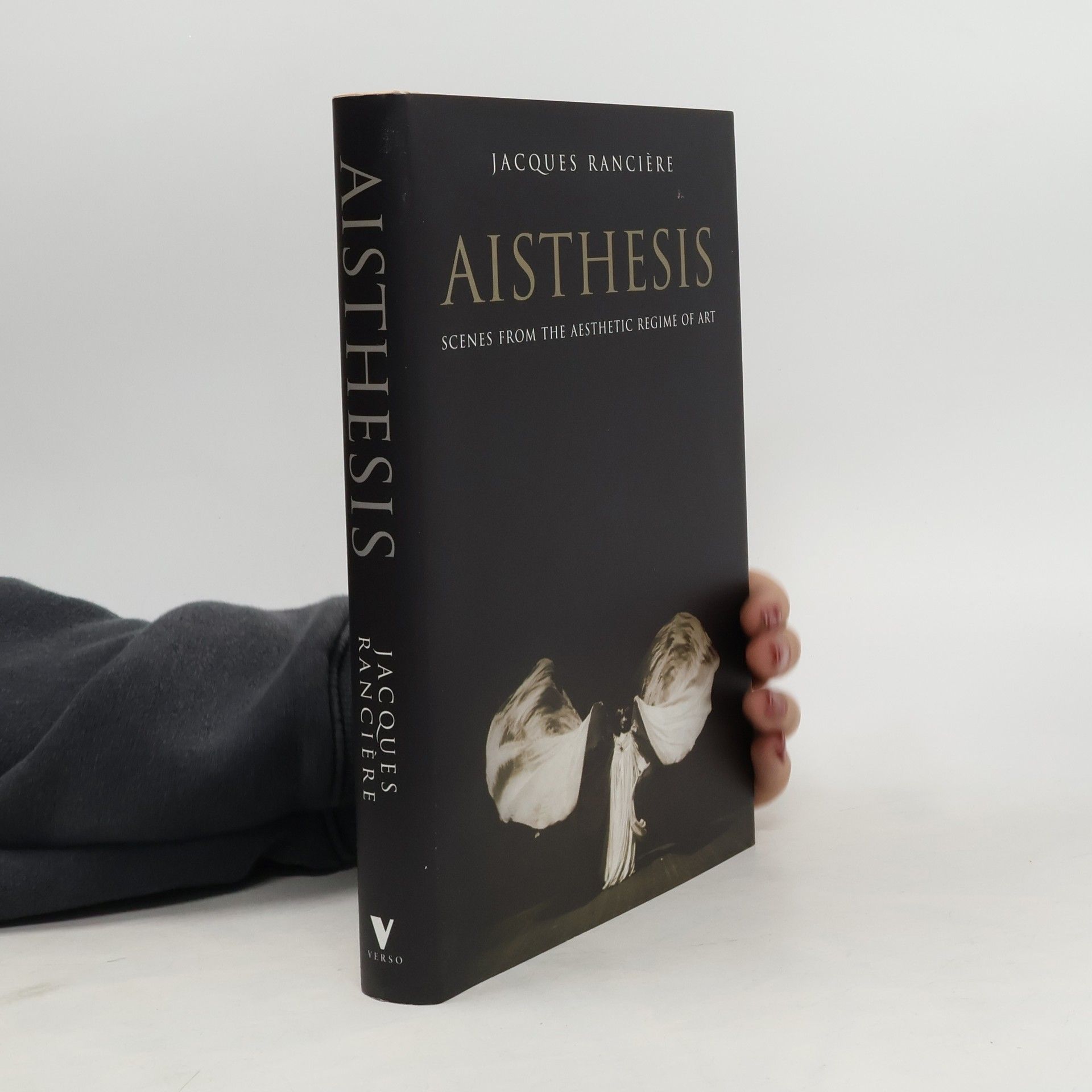Uncertain Times
- 200 pages
- 7 hours of reading
The global triumph of democracy was announced thirty years ago, promising an age of consensus in which the dispassionate consideration of objective problems would give birth to a world at peace. Today, these grand hopes have been destroyed, and the era touted as new and exceptional has turned out to be remarkably similar to the old order – but not simply due to the aggression of external forces. Instead, we must look to the nature of consensus itself, which, in the view of leading radical philosopher Jacques Rancière, is revealed as a violent, absolutized capitalist machine whose output is ever more inequality, exclusion and hate. This book delivers a frank and piercing assessment of the globalised capitalist consensus. The invasion of Iraq, the riots on Capitol Hill and the rise of the European far right all provide evidence of the consummation of consensual realism, as does the current state-sanctioned racism which exploits the disenchanted progressive tradition and is led by an intelligentsia that claims to be left-wing. At the same time, Rancière also praises the dynamism of social movements which affirm the power of the assembly of equals and its capacity for worldmaking: autonomous protest collectives have proven themselves capable of opening breaches in the consensual order and challenging the post-1989 system of domination.




